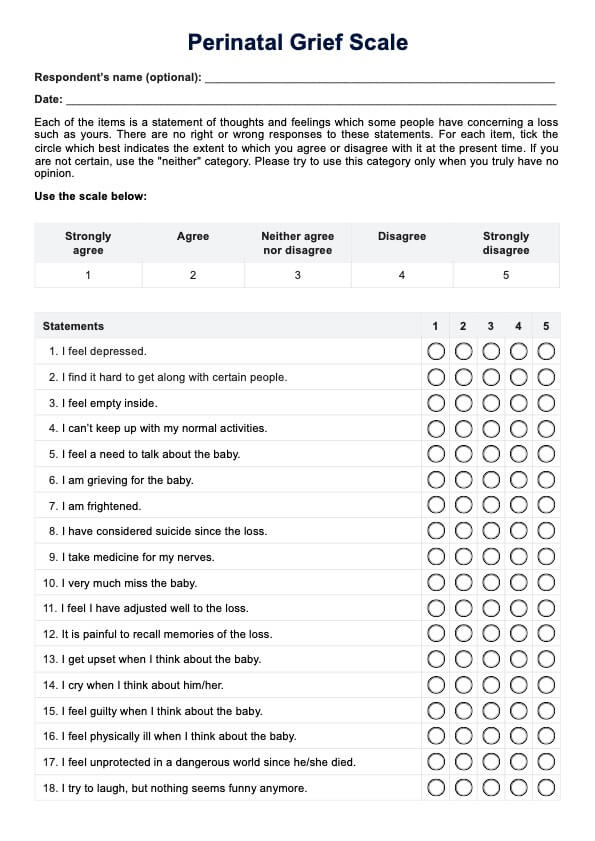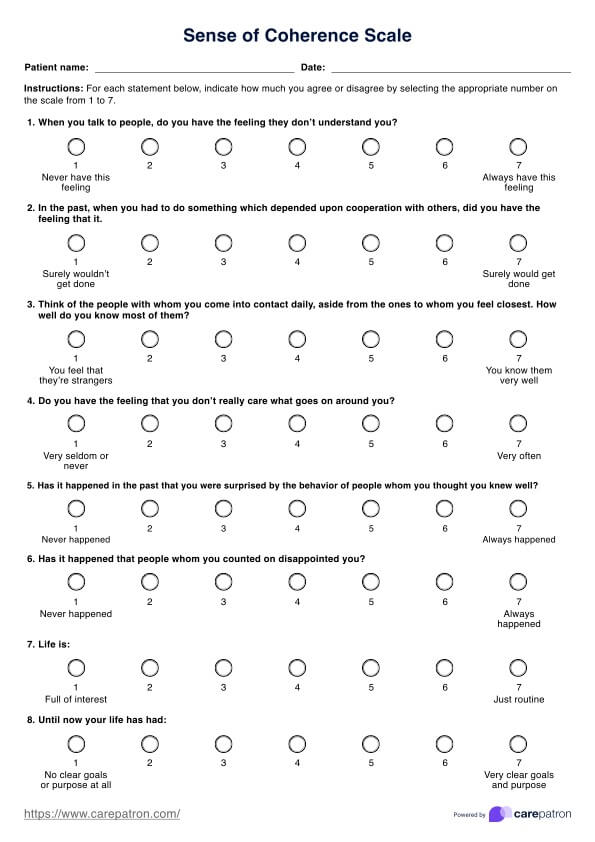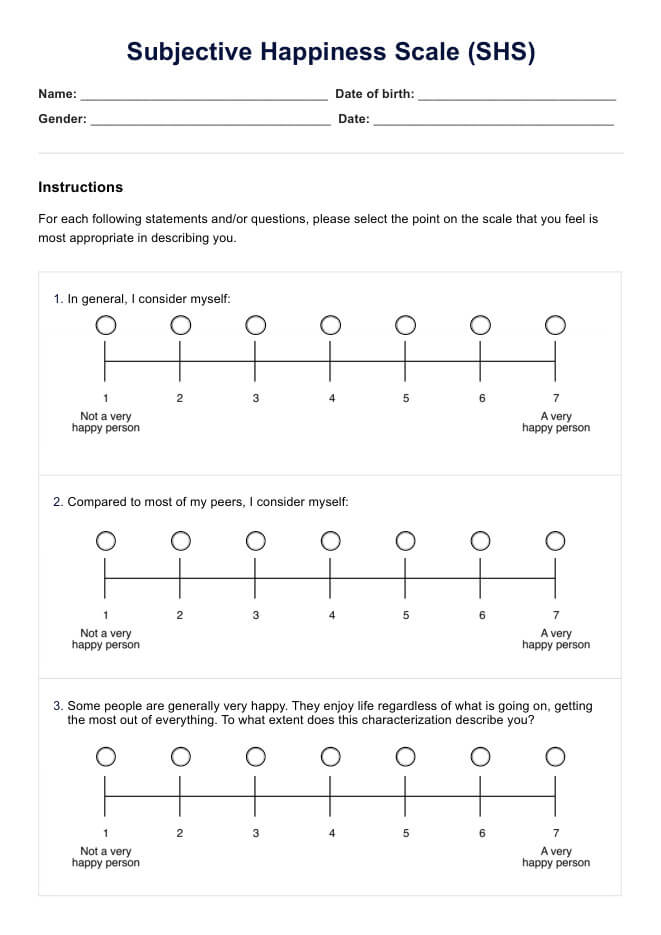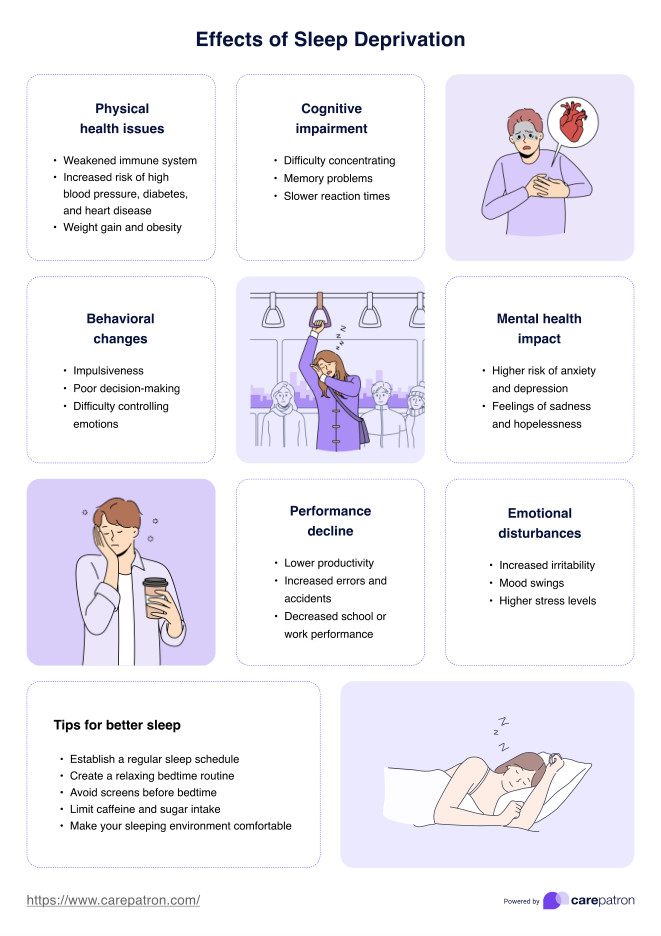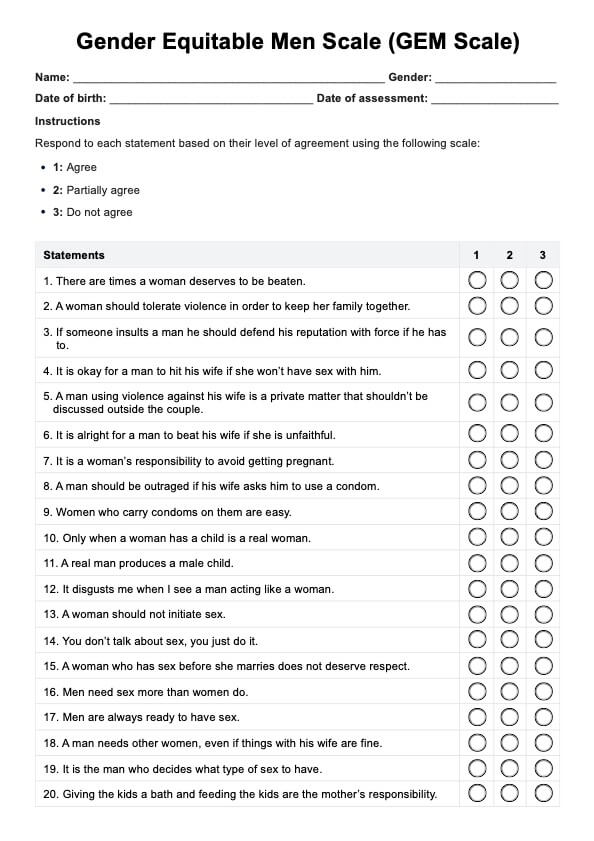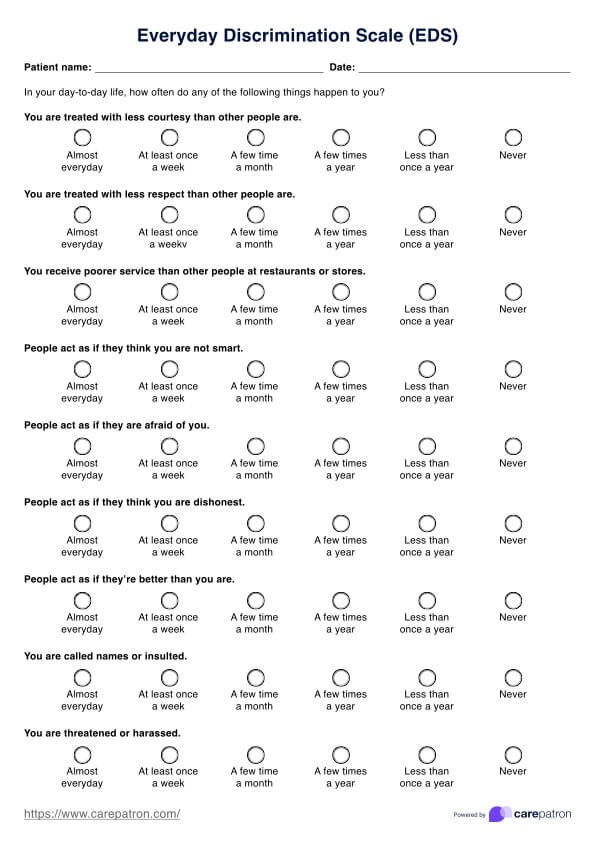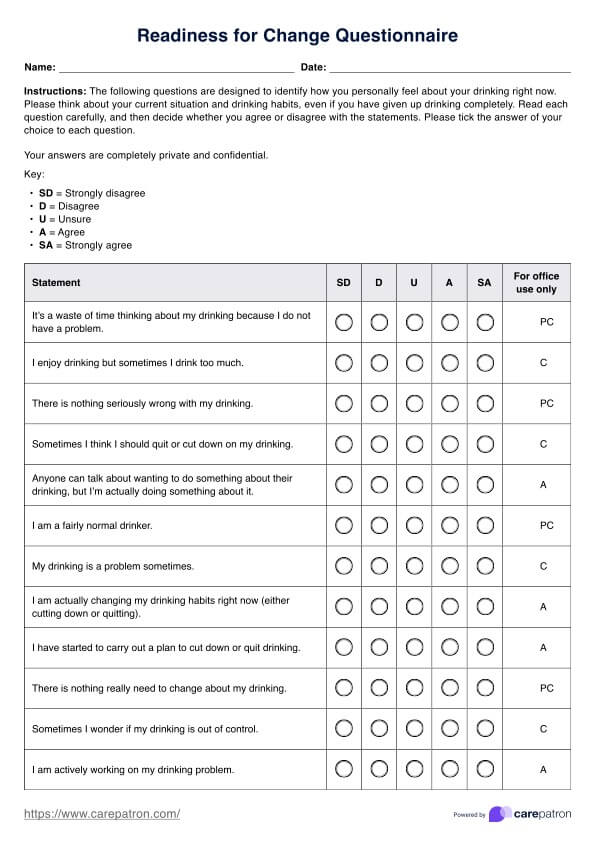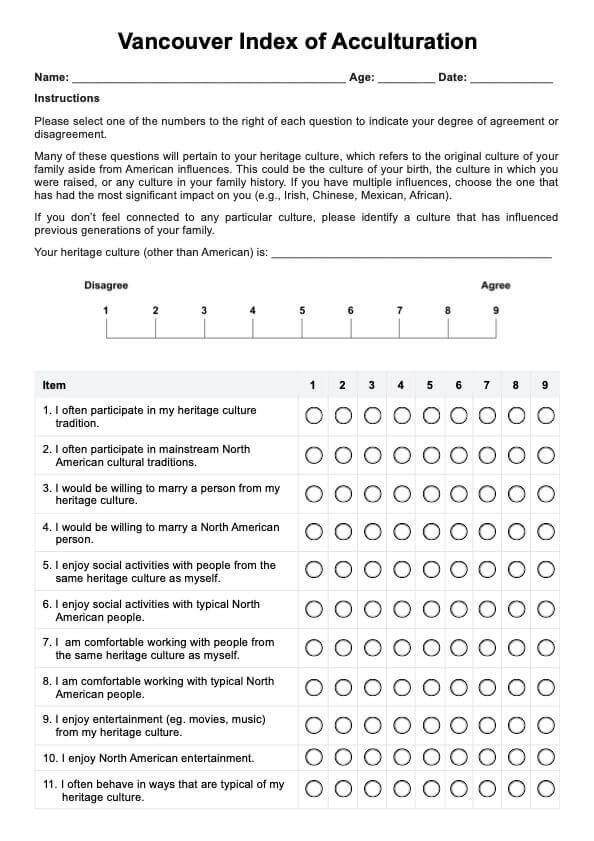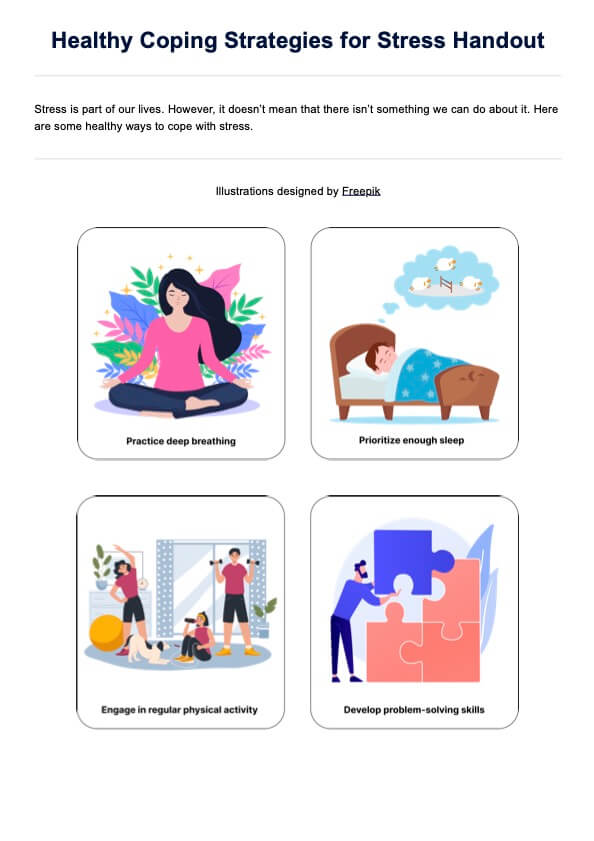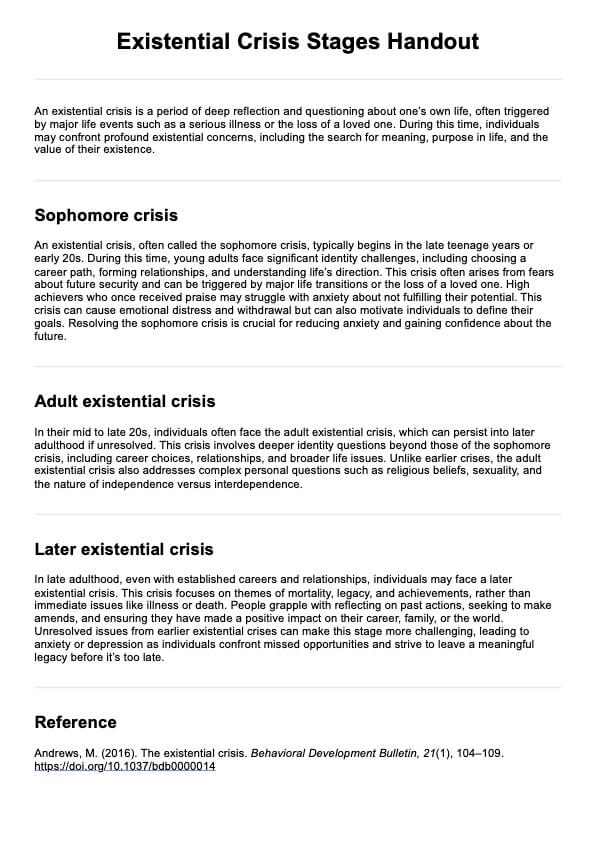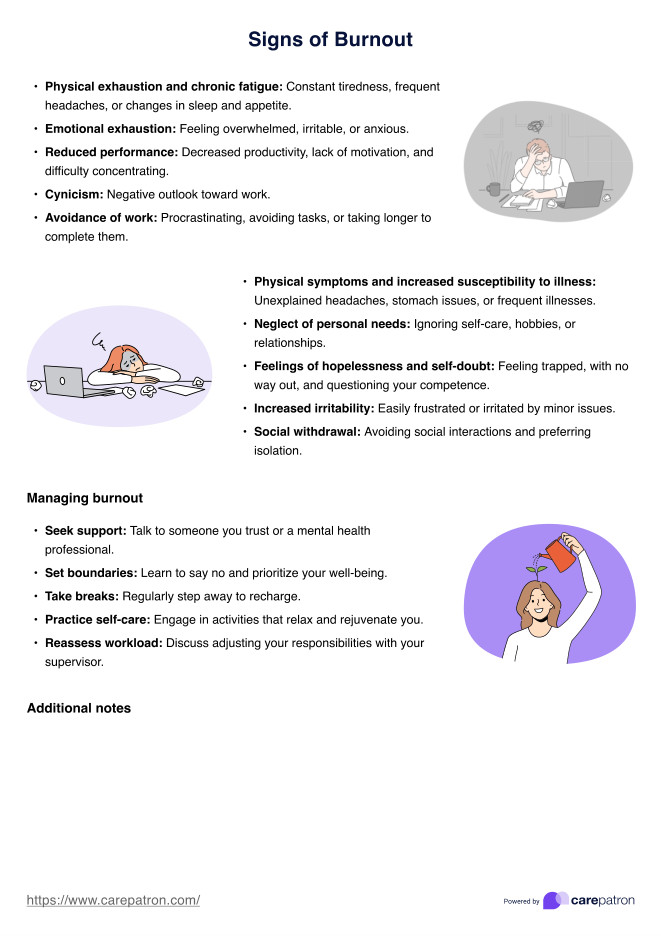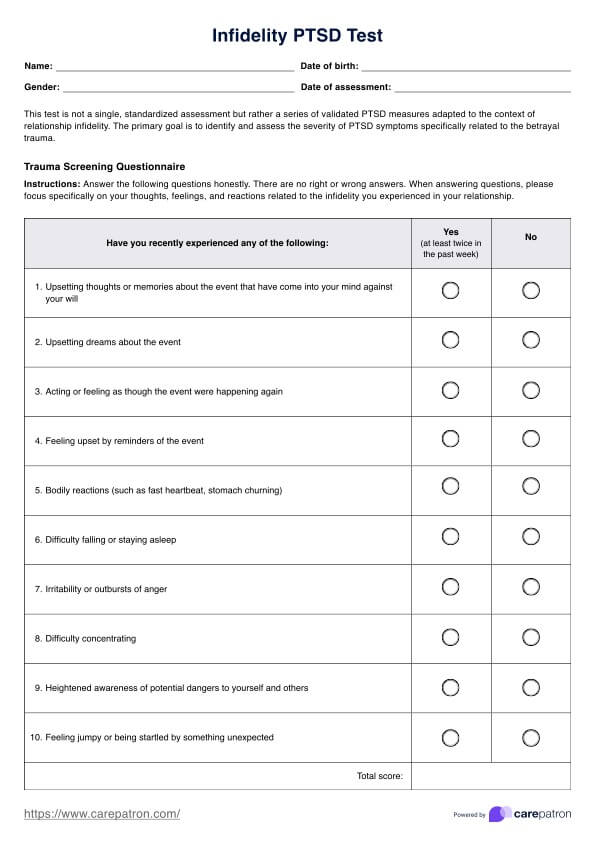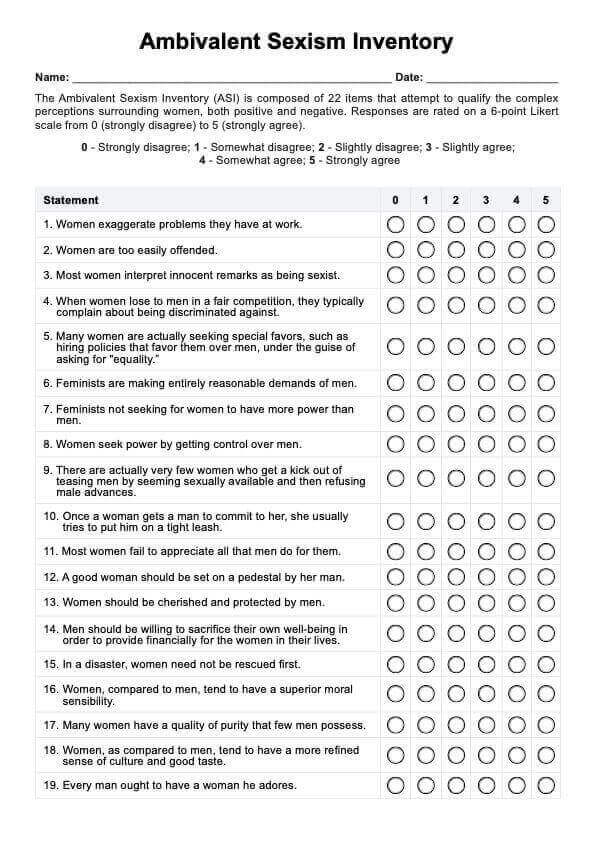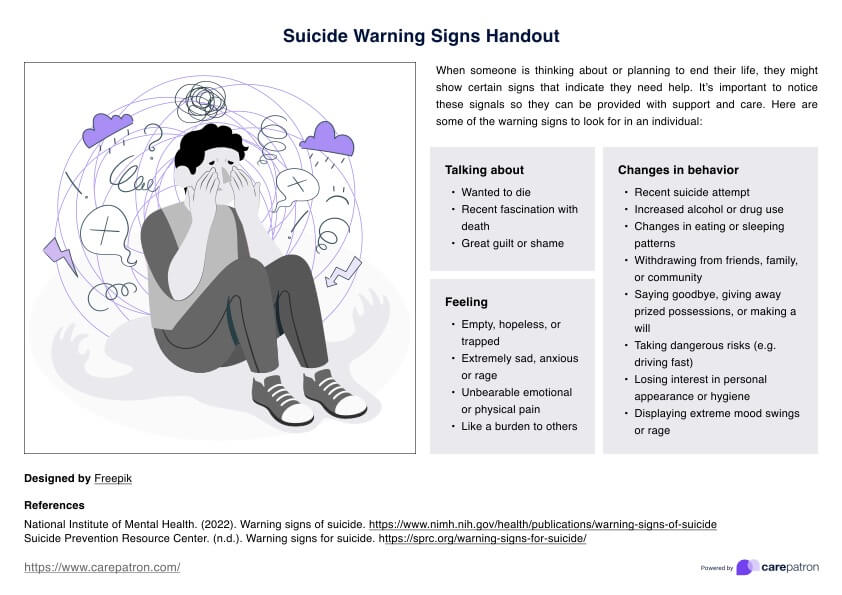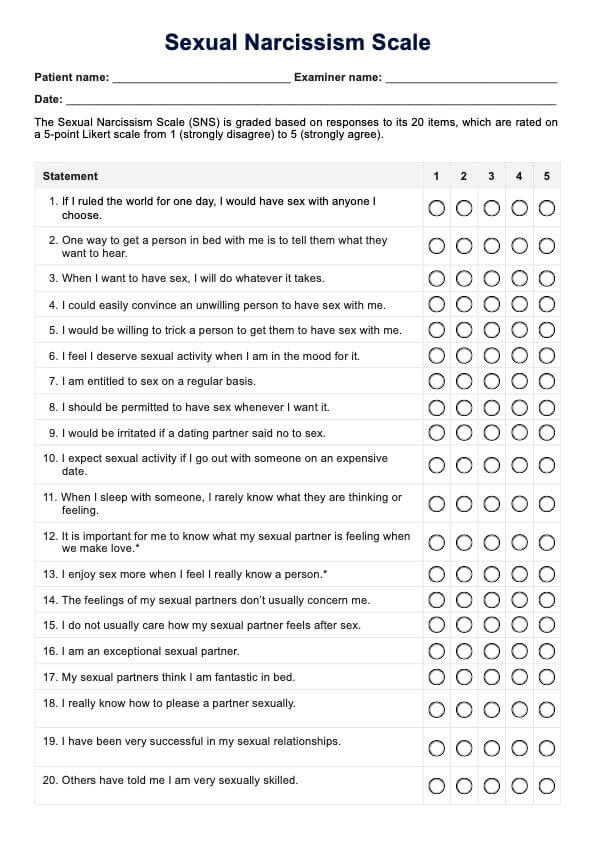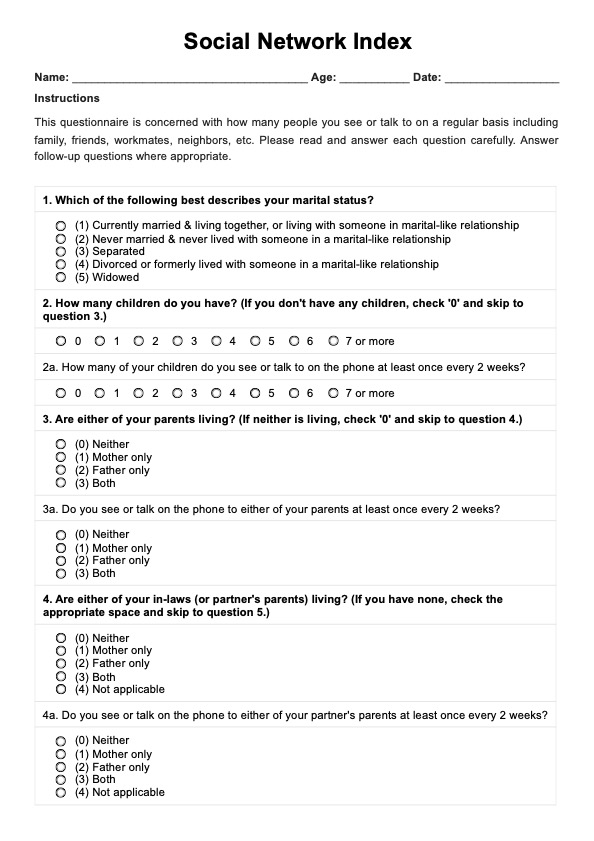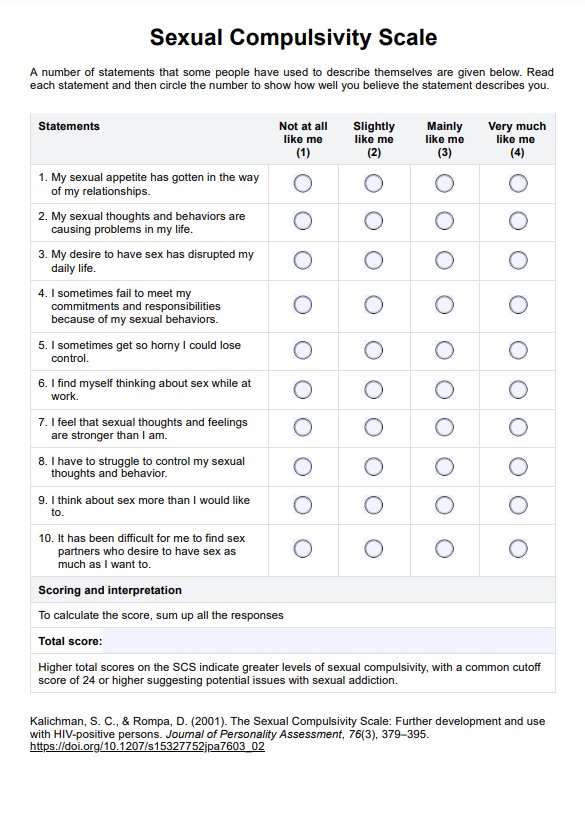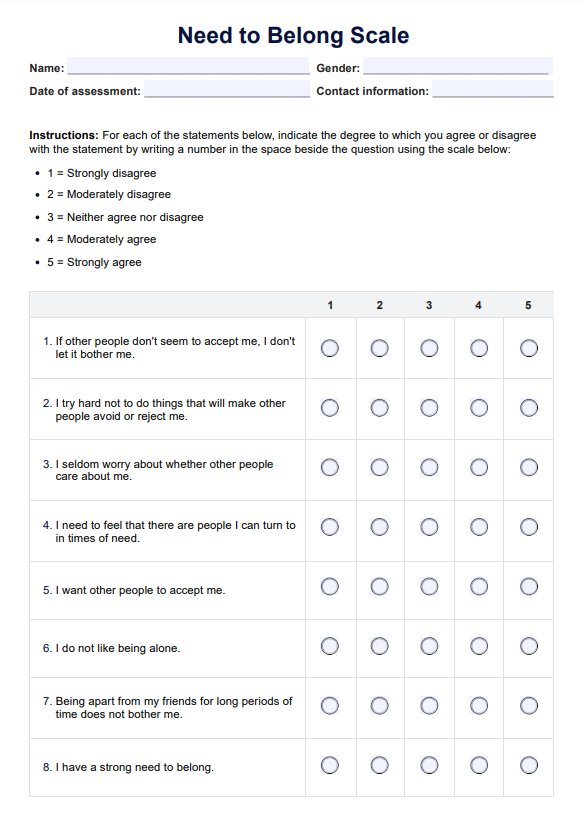Counseling Sliding Scales Fees Chart
Explore our sliding scale fees chart for counseling to ensure equitable and accessible care by adjusting fees based on income.


What are sliding scale fees?
Sliding scale fees are a pricing structure used by service providers, including counselors, therapists, and other professionals, to make their services more accessible to a broader range of clients. This business model often adjusts the cost based on a client's income or ability to pay.
Clients who earn more pay the insurance company the higher fees, while those with lower incomes pay less, ensuring affordable services. This can help providers set a minimum fee and reach underserved populations who might otherwise not be able to afford their services at standard insurance rates.
Counseling Sliding Scales Fees Chart Template
Printable Counseling Sliding Scales Fees Chart Template
How do sliding scale fees work in counseling?
In counseling and private practice, sliding scale fees are tailored to make therapy accessible to clients across different income levels. Here’s how they generally work and what factors counselors consider when setting these fees:
- Income assessment: Counselors often ask clients to provide information about their income. This could be as formal as showing a pay stub or tax return or as informal as a self-reported estimate. The aim is to gauge the client's financial capacity to pay for services.
- Fee scale: Based on the income information, counselors use a fee scale to determine the rate. This scale typically has brackets corresponding to different income levels; the fee decreases as the client's income decreases. Some counselors might post this scale publicly, while others may discuss it privately with each client.
- Number of dependents: The scale might also account for the number of dependents a client supports financially. This factor can significantly influence the final fee, recognizing that supporting multiple dependents on a single income can strain financial resources.
- Regional cost of living: Counselors might adjust their sliding scale based on the cost of living in their area. For example, fees might be higher in urban areas with a higher cost of living compared to rural areas.
- Client's expenses: Some counselors might also consider other major expenses that clients face, like medical bills or educational costs.
- Flexibility and negotiations: The sliding scale system typically allows for flexibility and negotiation between the counselor and the client to find a fair fee that reflects the client's financial situation while still valuing the counselor’s services.
How does our Counseling Sliding Scales Fees Chart template work?
Our Counseling Sliding Scale Fees Chart template is designed to assist mental health providers in implementing a fee system that adjusts based on potential clients' income levels, ensuring that services are accessible to a broader range of individuals. Here’s how it works:
- Income bracket determination: Providers first determine which income bracket a client falls into based on their self-reported annual income. This categorization helps in setting the appropriate fee scale.
- Fee adjustment: The chart provides predetermined fees for each income bracket. These fees decrease as the client's income decreases, allowing for affordability while maintaining service sustainability. The chart outlines both a standard fee (the usual rate for services) and a sliding scale fee that adjusts according to the income bracket.
- Application of fees: Once the appropriate fee level is identified from the chart, the provider applies this rate to the client’s sessions. This transparent system makes it straightforward for providers and clients to understand how the fees are calculated.
- Review and adjust: The fee scales are regularly reviewed and can be adjusted to reflect changes in economic conditions, cost of living, or the practice's financial health.
Benefits of using this scale
Using sliding scale fees in counseling offers several benefits that can enhance access to mental health services and support the sustainability of counseling practices. Here are some of the key advantages of set sliding scale fees:
Increases accessibility
By using payment plans and adjusting fees based on a client’s ability to pay, counselors can provide services to a wider range of clients, including those who might otherwise be unable to afford therapy. This can be especially important in communities with limited access to mental health resources.
Supports inclusivity
Sliding a sliding scale policy on fees helps make counseling more inclusive by breaking down financial barriers that can prevent individuals from diverse socioeconomic backgrounds from seeking help.
Encourages a broader client base
For counselors starting therapy out, a sliding scale can attract a more diverse client base, enriching the practice and providing stability through a broader range of clients who might seek long-term services.
Reduces stigma
Offering a sliding scale can also reduce the stigma of seeking mental health support, as it emphasizes the financial need, the counselor’s commitment to access, and equity over profit.
Improves outcomes
When financial stress is not a barrier, clients are more likely to decide to continue therapy as needed rather than stopping prematurely due to costs. This can lead to better therapeutic outcomes.
Flexibility in pricing
Counselors have the flexibility to adjust fees as necessary, which can help them manage the financial health of their practice without compromising the quality of their services or their clients' financial well-being.
How do counselors discuss sliding scale fees with their clients?
Discussing sliding scale fees with clients requires sensitivity, professional care, transparency, and professionalism. Here’s how counselors typically approach these conversations:
Establish a welcoming environment
Creating a comfortable and non-judgmental space is crucial. Counselors often initiate the conversation about fees early in the intake and treatment process to ensure clarity and openness.
Provide clear information
Counselors explain the concept of sliding scale fees, how the scale lower session fee fees are determined, and what factors influence the fee adjustment. This helps set clear expectations about the process and the potential costs.
Discuss financial circumstances
Counselors might request some proof of annual income only, but they often rely on a client’s self-reported financial situation. The goal is to understand the client's ability to pay without causing discomfort or embarrassment.
Be sensitive and respectful
The conversation about fees and operational costs should be handled carefully to respect the client’s dignity and privacy. Counselors should be empathetic and understanding, acknowledging that discussing finances can be sensitive.
Offer flexibility
Counselors often emphasize that fees can be renegotiated if the client’s financial situation changes. This reassures clients that the therapy relationship can adapt to their changing financial needs.
Ensure confidentiality
All financial discussions and sessions are confidential, reinforcing trust in the therapeutic relationship.
Commonly asked questions
A sliding fee scale in therapy is a pricing model in which the cost of counseling services is adjusted based on a client's income level or financial ability. This ensures that therapy services are more accessible to a broader range of people.
A sliding minimum fee scale typically appears as a set of predefined fee brackets corresponding to different income levels. Clients pay more or less for different fees, depending on their documented income.
A sliding scale fee structure aims to provide affordable services to clients with varying financial situations. By offering a minimum session fee, practitioners ensure that their services are accessible to a broader demographic, which helps maintain a stable client load. This structure allows clients to pay session fees based on their income, ensuring that those in financial need can still access essential services while supporting diversity and equity within the client base.
Therapists offer sliding scale fees to ensure that mental health services are accessible to individuals from various economic backgrounds. This approach recognizes that the standard cost of therapy can be prohibitive for many people, potentially preventing them from seeking much-needed support.


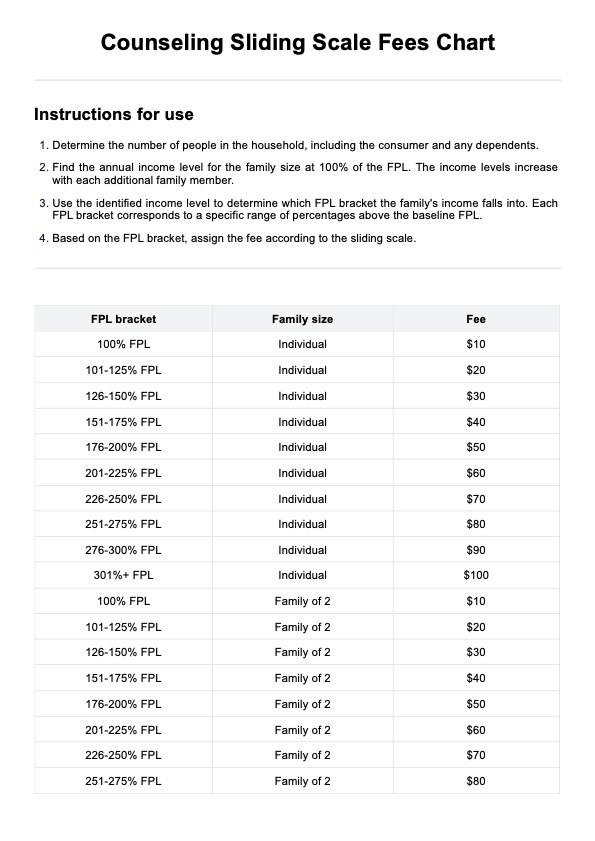
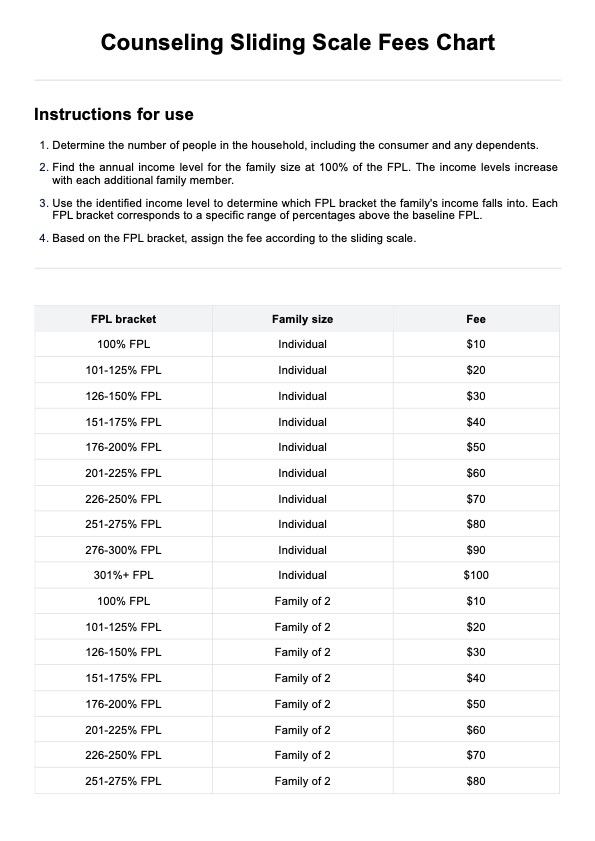

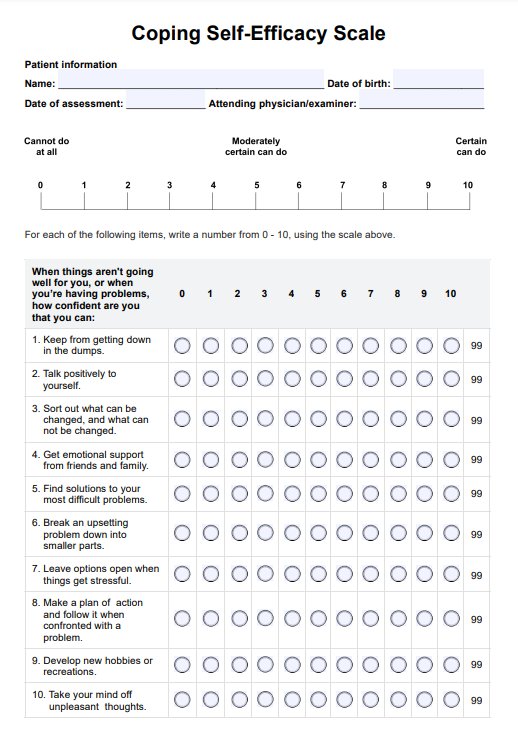

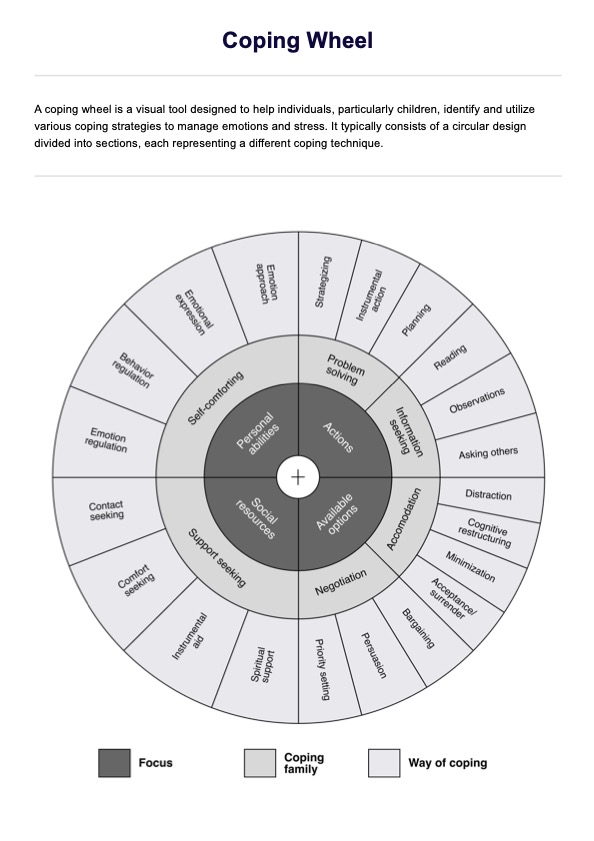









-template.jpg)


































































